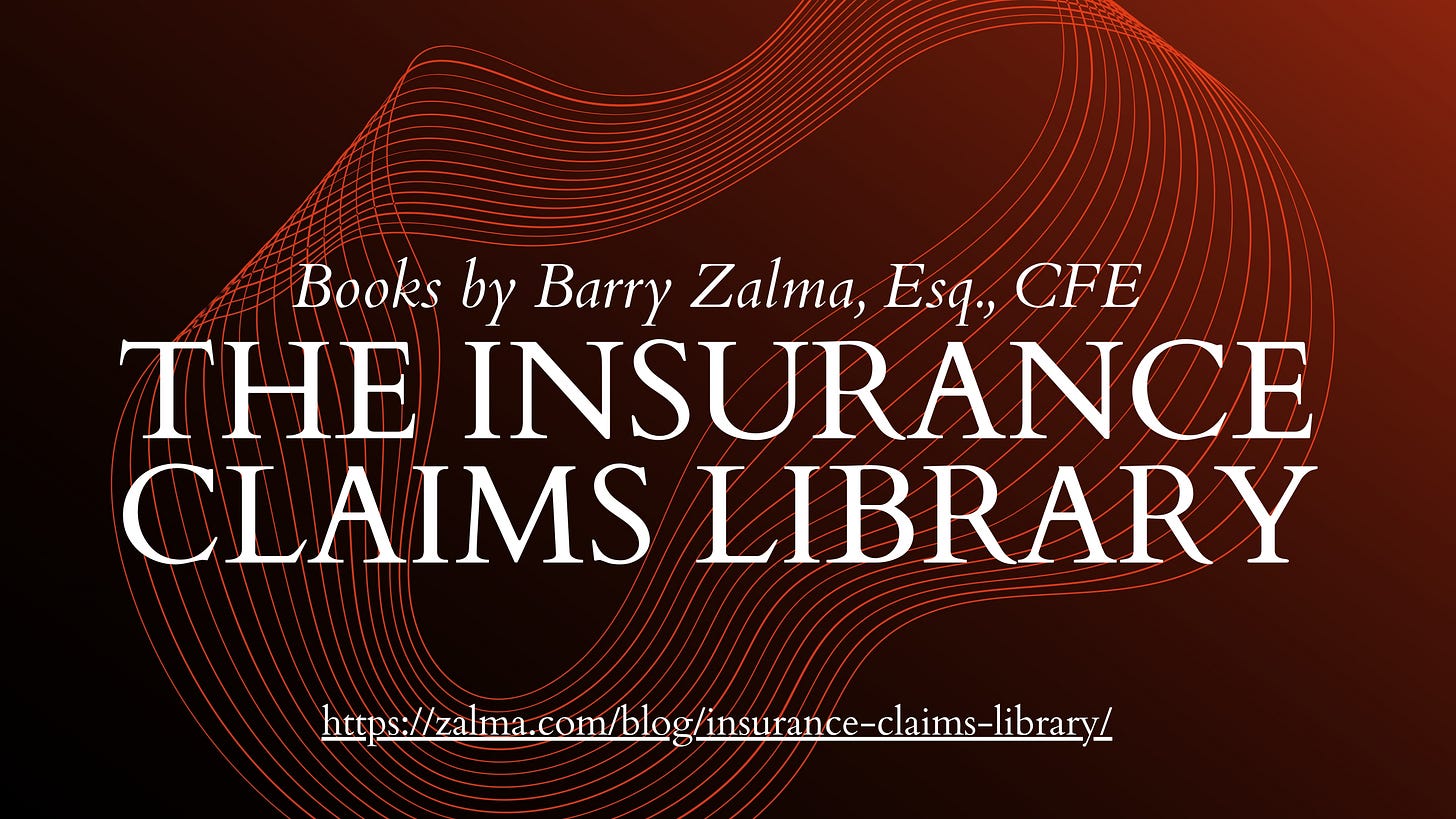Read the full article at https://lnkd.in/gi8PBRP8 and see the full video at https://lnkd.in/gHN2V7ts and at https://lnkd.in/gCCqU6UV and at https://zalma.com/blog plus more than 4550 posts.
The doctrine of sovereign immunity is an “ancient” concept. It is the long-established view that a sovereign, such as a state, is “infallible,” and, thus, immune from suit “absent the State’s consent.” The General Assembly provided such consent in the Maryland Tort Claims Act which waives the State’s immunity.
In Michele Williams v. Morgan State University, et al., No. 9-2022, Maryland Supreme Court (August 14, 2023) the Supreme Court advised the Fourth Circuit of its evaluation of the states statute waiving the State’s immunity to a tort action in a court of the State.
The original state court action was moved to federal court. Michele Williams sued her former employer, Morgan State University (“MSU”), and her former supervisor, Dean DeWayne Wickham, in his personal capacity regarding her termination from the University. In an amended complaint, Appellant added claims alleging retaliation in violation of the National Defense Authorization Act (“NDAA”), 41 U.S.C. § 4712, and the American Recovery and Reinvestment Act (“ARRA”).
As to her federal claims against MSU, Appellant alleges that her termination by MSU was impermissible retaliation for disclosing that the University, primarily Dean Wickham, had overstated “the University’s operating costs to the Corporation for Public Broadcasting and the United States Department of Education and . . . attempted to influence the 2016 Baltimore mayoral race by violating FCC regulation[s].” Eventually, the Fourth Circuit certified a question of law to the Supreme Court: “Does Maryland’s waiver of sovereign immunity for ‘a tort action’ under the MTCA extend to federal statutory claims?”
BACKGROUND
Appellant worked from 2014 to 2017 as MSU’s Director of Broadcast Operations where she oversaw and managed MSU’s radio and television stations. Appellant complained to MSU that she believed Dean Wickham’s actions violated various federal and state laws and regulations. She also complained that MSU intentionally was inflating expenses in reports submitted to state and federal agencies to secure larger grants. She alleged that her complaints resulted in her improper termination in 2017.
The MTCA’s Statutory Framework
Under the MTCA, a party injured by the negligent act or omission of a state officer or employee within the scope of the officer’s or employee’s public duties may obtain compensation for that injury from the State. By its plain terms, the statute provides that the scope of the State’s waiver of sovereign immunity is not waived for, among other things, “[a]ny tortious act or omission of State personnel that: (i) [i]s not within the scope of the public duties of the State personnel; or (ii) [i]s made with malice or gross negligence[.]”
The other central component of the MTCA, in addition to its waiver of the State’s sovereign immunity for tortious acts or omissions by State personnel, is a corresponding immunity from suit and from liability in tort for State personnel. The MTCA also contains certain limitations on the scope of the waiver of the State’s sovereign immunity beyond those that are dependent on the actions of the State personnel.
ANALYSIS
The Supreme Court concluded, and so advised the USCA that the MTCA does not waive the State’s sovereign immunity for federal statutory claims.
There is no question that MSU is an instrumentality of the State, sharing in its sovereign immunity. Although the Supreme Court concluded that the text of the MTCA is unambiguous, it noted that its interpretation of the waiver provision is consistent with the Act’s purpose and historical context. The MTCA states that it “shall be construed broadly, to ensure that injured parties have a remedy.” SG § 12-102. But a broad construction of the MTCA is not necessarily an open invitation for any injured party to file a claim.
Concluding that the General Assembly did not intend for “a tort action” under the MTCA to include federal statutory causes of action the Supreme Court noted that the MTCA’s waiver provision contains no express language indicating such a result, and the General Assembly knows how to effectively waive the State’s immunity, if that is its goal.
Furthermore, extending the scope of the waiver provision to federal statutory claims is inconsistent with both the key, neighboring provisions concerning the interplay between the State and a State employee’s immunity in certain suits, as well as the MTCA’s role as a gap-filler scheme. The certified question posed by the Fourth Circuit, and slightly rephrased by the Supreme Court is whether “a tort action” under the MTCA includes federal statutory claims. The Supreme Court’s answer was “no.” It so held because, after assessing the plain language of the MTCA, there is no evidence that the General Assembly intended to include federal statutory claims within the scope of the MTCA.
ZALMA OPINION
Every person dealing with insurance for public entities, the MSU, must understand the application of sovereign immunity that limits the need of such public entities to secure insurance to protect the governmental entity from charges that have not been waived. Insurance calculations should be limited to the needs of the entity to protect against those things where the state has waived sovereign immunity and not where sovereign immunity was not waived.
(c) 2023 Barry Zalma & ClaimSchool, Inc.
Please tell your friends and colleagues about this blog and the videos and let them subscribe to the blog and the videos.
Subscribe to Excellence in Claims Handling at locals.com https://zalmaoninsurance.locals.com/subscribe.
Subscribing to my publications at substack at https://barryzalma.substack.com/publish/post/107007808
Go to Newsbreak.com https://www.newsbreak.com/@c/1653419?s=01
Follow me on LinkedIn: http://www.linkedin.com/comm/mynetwork/discovery-see-all...
Daily articles are published at https://zalma.substack.com.
Go to the podcast Zalma On Insurance at https://podcasters.spotify.com/pod/show/barry-zalma/support; Go to Barry Zalma videos at Rumble.com at https://rumble.com/c/c-262921; Go to Barry Zalma on YouTube- https://www.youtube.com/channel/UCysiZklEtxZsSF9DfC0Expg; Go to the Insurance Claims Library – https://zalma.com/blog/insurance-claims-library
Please tell your friends and colleagues about this blog and the videos and let them subscribe to the blog and the videos.bhttps://lnkd.in/g8azKc34; Subscribe to Excellence in Claims Handling at locals.com https://lnkd.in/gfFKUaTf. Subscribing to my publications at substack at https://lnkd.in/gcZKhG6g; Go to Barry Zalma videos at Rumble.com at https://lnkd.in/gV9QJYH; Go to Barry Zalma on YouTube- https://lnkd.in/g2hGv88; Go to the Insurance Claims Library – https://lnkd.in/gWVSBde








Share this post